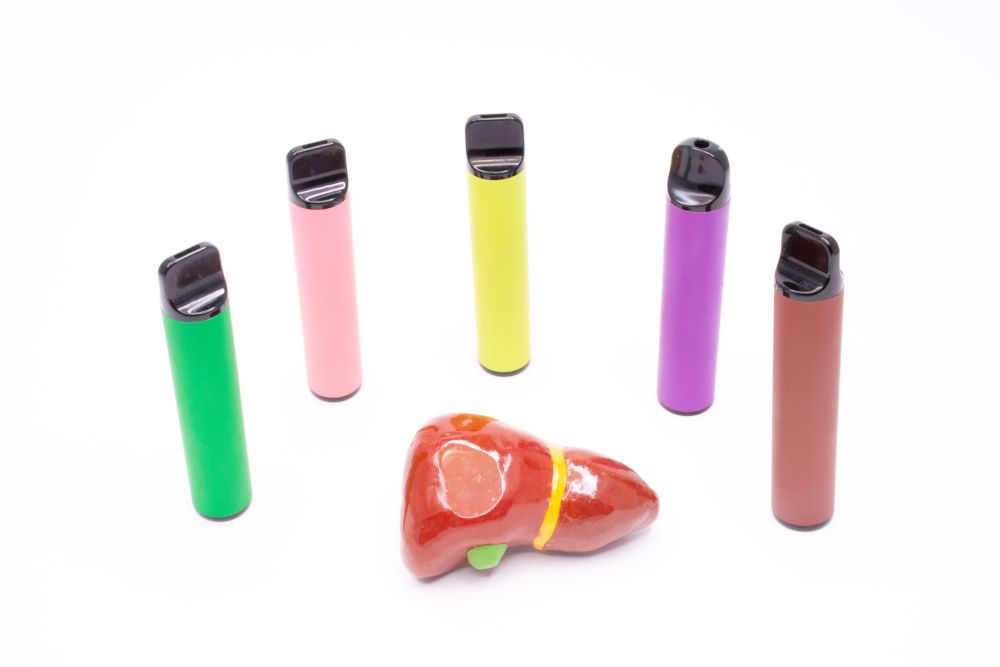
British American Tobacco reported revenue of £13.44 billion ($17.35 billion) in the first six months of 2023, up 4.4 percent over the figure recorded in the comparable 2022 period. Growth was driven by the company’s “New Categories” segment. Revenue from noncombustible products now accounts for 16.6 percent of group revenue, up 180 base points (bps) versus fiscal year 2022.
BAT’s Vuse and Velo brands enjoyed strong revenue growth, and New Categories’ financial delivery significantly improved, contributing a £201 million increase to group profit as losses reduced.
Reported profit from operations was up 61.4 percent (with reported operating margin up 1,560 bps to 44.2 percent). Adjusted profit was up 3.6 percent at constant exchange rates. Adjusted operating margin was up 40 bps to 44.3 percent.
“Having been in my new role for 10 weeks, I’m pleased with the resilient performance of BAT in the first half of 2023 and the renewed sense of energy across the organization,” said BAT Tadeu Marroco, who assumed the top job in May. “It is a challenging external environment. High inflation and slower global growth are impacting consumers and business. Yet our revenue, profit from operations and earnings are all up.
“We are making great progress in New Categories. Revenues are up by 29 percent, and we are now close to break[ing] even, with consumers of noncombustible products up by 1.5 million versus FY 2022. While it’s encouraging to see continued good performance in vapor and modern oral, we recognize more work is required in heated tobacco.
“I remain confident that New Categories will deliver a positive contribution in 2024. However, we do not expect contribution growth to be linear, as levels of investment will align with the phasing of our big innovation platforms.
“While more focus is required in the U.S., our sequential performance improvement in the critical premium U.S. combustibles business since January 2023 is encouraging.




















